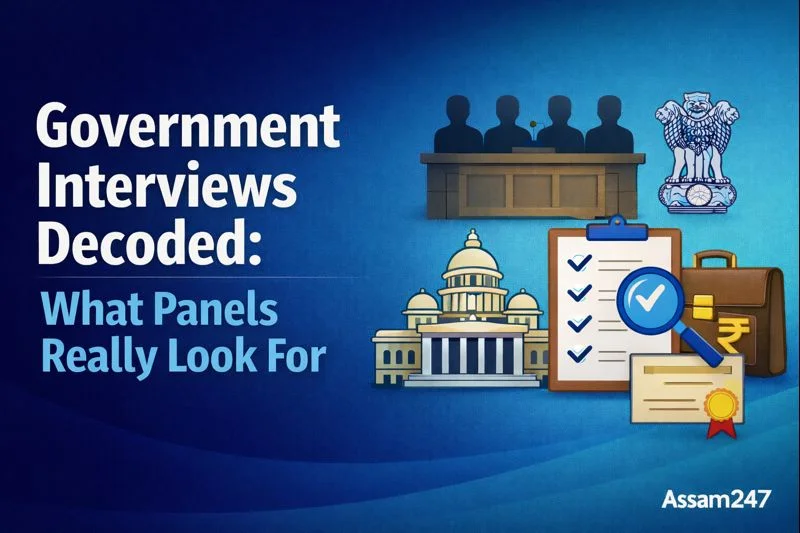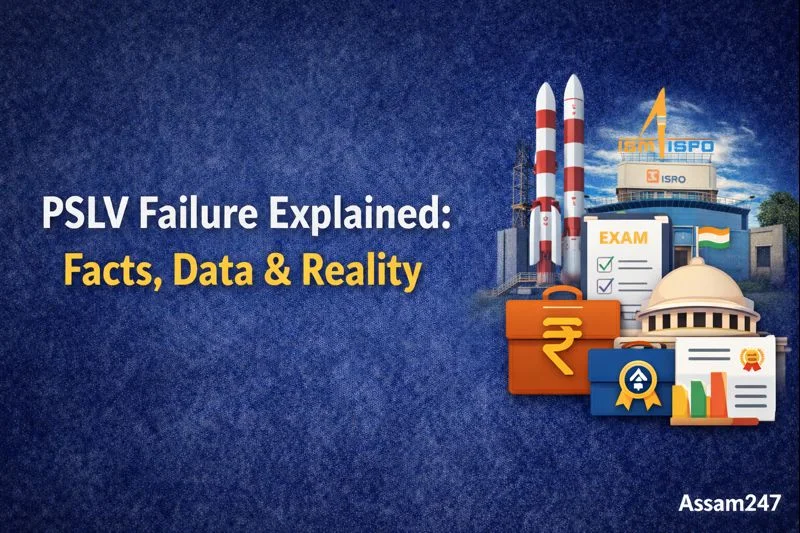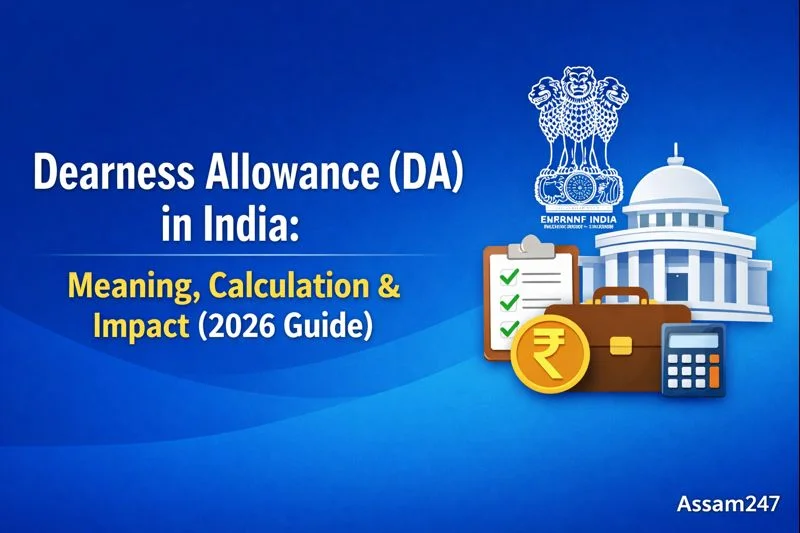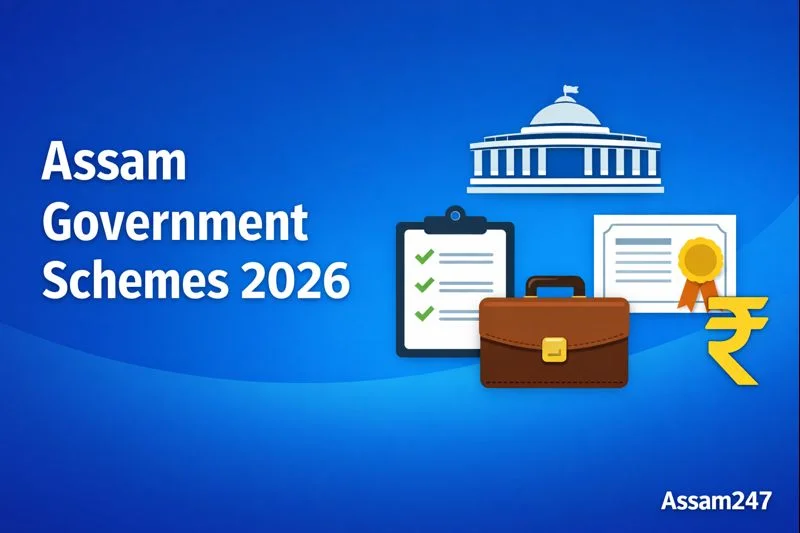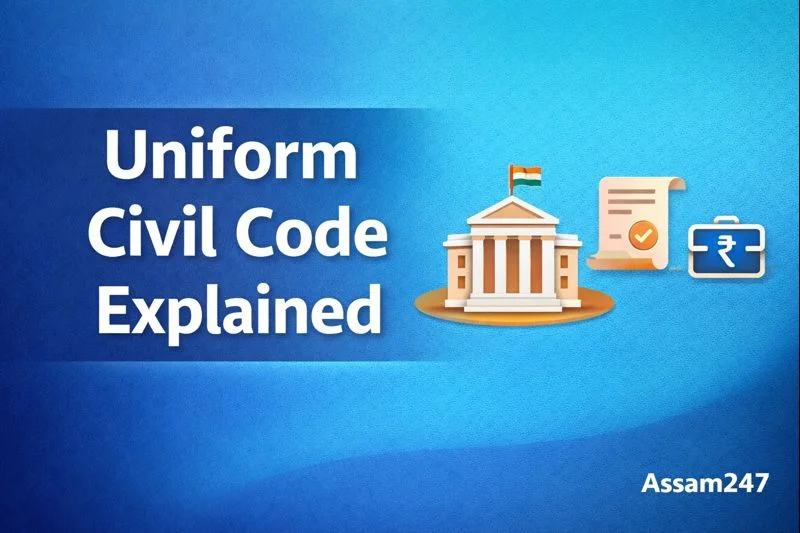Introduction — The Legacy That Inspires Humanity
Every October, the world pauses to witness one of humanity’s highest honors — the Nobel Prize. These awards recognize individuals and organizations whose work has profoundly benefited humankind — in Physics, Chemistry, Medicine, Literature, Peace, and Economic Sciences.
But what makes the Nobel Prize so prestigious? Let’s explore its remarkable origin, secretive selection process, prize value, and recent winners who have shaped the modern world.
🧠 The Origin of the Nobel Prize — From Dynamite to Destiny
The story begins with Alfred Nobel (1833–1896) — a Swedish chemist, engineer, inventor, and industrialist best known for inventing dynamite.
In his will, signed on November 27, 1895, Nobel made a surprising decision — he left 94% of his fortune to establish a fund that would reward those bringing the “greatest benefit to humankind.”
The result was the Nobel Foundation, which began awarding prizes in 1901. Today, the Nobel Prize remains a global symbol of brilliance, peace, and progress — honoring discoveries and ideas that change the way we live.
🏛️ How Are Nobel Prize Winners Selected?
The Nobel selection process is highly confidential, rigorous, and time-tested. Each year, hundreds of qualified experts are invited to submit nominations. Here’s how the process unfolds:
1. Nomination Phase
Only authorized nominators — including previous laureates, professors, scientists, and members of academies — can recommend candidates. Self-nominations are not accepted.
2. Committee Evaluation
Each Nobel category has its own selection committee:
- The Royal Swedish Academy of Sciences handles Physics, Chemistry, and Economics.
- The Karolinska Institute awards the Medicine prize.
- The Swedish Academy selects the Literature laureate.
- The Norwegian Nobel Committee grants the Peace Prize.
These committees review submissions, consult experts, and prepare detailed reports.
3. Decision & Secrecy
After rounds of deliberation, the final names are submitted for a vote. The results are kept strictly confidential, and all nomination records are sealed for 50 years — adding to the mystery and prestige of the Nobel legacy.
💰 What Do Nobel Winners Receive?
Each Nobel laureate is honored with:
A Gold Medal – Each medal is crafted with Alfred Nobel’s portrait and unique design elements representing its category.
A Nobel Diploma – A beautifully handcrafted certificate unique to every laureate.
Prize Money – A substantial cash award funded by the Nobel Foundation’s investments.
💵 Nobel Prize 2025 Amount
For 2025, each full Nobel Prize is worth 11 million Swedish kronor (approximately ₹8.7 crore / $1 million).
If a prize is shared among multiple laureates, the sum is divided equally or as decided by the awarding body.
🏆 Nobel Prize Winners (2021–2025)
Here’s a summary of the last five years of Nobel laureates and their groundbreaking contributions:
🧬 Nobel Prize 2025
Physiology or Medicine: Mary E. Brunkow, Fred Ramsdell, and Shimon Sakaguchi — for discoveries about regulatory T cells and immune self-tolerance.
Physics: John Clarke, Michel H. Devoret, and John M. Martinis — for demonstrating quantum effects in electric circuits.
Read more about Noble prize 2025
🔬 Nobel Prize 2024
Physics: John J. Hopfield and Geoffrey Hinton — pioneers of artificial neural networks and deep learning.
Chemistry: David Baker, Demis Hassabis, and John Jumper — for advances in protein structure prediction and computational biology.
⚛️ Nobel Prize 2023
Chemistry: Moungi G. Bawendi, Louis E. Brus, and Aleksey Yekimov — for discovering and developing quantum dots, a technology used in modern displays and medicine.
🌌 Nobel Prize 2022
Physics: Alain Aspect, John F. Clauser, and Anton Zeilinger — for experiments with entangled photons, paving the way for quantum information science.
Chemistry: Carolyn R. Bertozzi, Morten Meldal, and K. Barry Sharpless — for click chemistry and bioorthogonal chemistry, revolutionizing biochemistry.
🌦️ Nobel Prize 2021
Physics: Syukuro Manabe, Klaus Hasselmann, and Giorgio Parisi — for contributions to climate modeling and complex systems.
Chemistry: David W.C. MacMillan and Benjamin List — for the development of asymmetric organocatalysis.
Medicine: David Julius and Ardem Patapoutian — for discoveries of receptors for temperature and touch.
🕊️ The Importance of the Nobel Prize Today
More than a century later, the Nobel Prize continues to inspire innovation, peace, and progress. It not only honors the greatest minds but also reminds the world that knowledge and compassion can transform humanity.
From Einstein’s relativity to Malala’s activism, and from penicillin to AI breakthroughs, Nobel laureates represent the very best of what humans can achieve when driven by curiosity and purpose.
📅 When and Where Are the Prizes Announced?
The Nobel Prize announcements are made every October, and the award ceremonies take place on December 10 — the anniversary of Alfred Nobel’s death.
All prizes except the Peace Prize are presented in Stockholm, Sweden.
The Nobel Peace Prize is awarded in Oslo, Norway, reflecting Nobel’s wish in his will.
💡 Key Facts at a Glance
| Category | First Awarded | Presented By | 2025 Prize Money |
|---|---|---|---|
| Physics | 1901 | Royal Swedish Academy of Sciences | SEK 11 million |
| Chemistry | 1901 | Royal Swedish Academy of Sciences | SEK 11 million |
| Medicine | 1901 | Karolinska Institute | SEK 11 million |
| Literature | 1901 | Swedish Academy | SEK 11 million |
| Peace | 1901 | Norwegian Nobel Committee | SEK 11 million |
| Economics | 1969 | Sveriges Riksbank (Central Bank of Sweden) | SEK 11 million |
🔗 Explore More
👉 Visit the official Nobel Prize website for complete lists, nomination details, and in-depth stories of every laureate.
✨ Final Thoughts
The Nobel Prize stands as a timeless reminder that human progress thrives on curiosity, creativity, and compassion. Whether it’s unlocking the secrets of quantum mechanics, saving lives through medicine, or promoting peace across nations — each Nobel laureate writes a new chapter in the story of human greatness.
🧾 Frequently Asked Questions (FAQs) About the Nobel Prize
❓ What is the Nobel Prize and why is it awarded?
The Nobel Prize is a global award presented each year to individuals or organizations that have made outstanding contributions to science, literature, peace, and economics. It was created to honor those whose work has “conferred the greatest benefit to humankind,” as stated in Alfred Nobel’s will.
❓ Who founded the Nobel Prize?
The Nobel Prize was established by Alfred Nobel, a Swedish chemist, engineer, and inventor of dynamite. In his 1895 will, Nobel dedicated most of his wealth to create a series of prizes recognizing achievements that improve the world.
❓ How are Nobel Prize winners selected?
Each Nobel category has its own selection committee. Qualified nominators — such as professors, scientists, previous laureates, and academy members — submit nominations. Committees evaluate them, consult experts, and make recommendations. Final decisions are made through secret voting, and all records remain sealed for 50 years.
❓ How much money does a Nobel Prize winner get in 2025?
Each Nobel Prize in 2025 carries a monetary award of 11 million Swedish kronor (SEK) — approximately ₹8.7 crore or $1 million USD. The amount may be shared if multiple laureates win in a single category.
❓ Can anyone nominate a person for the Nobel Prize?
No. Only authorized nominators can recommend candidates — including professors, researchers, and previous Nobel laureates. Self-nominations are not accepted.
❓ When are the Nobel Prizes announced each year?
The Nobel Prizes are announced every October, with the award ceremony held on December 10, marking the anniversary of Alfred Nobel’s death.
❓ What do Nobel Prize winners receive?
Each laureate receives a gold medal, a handcrafted diploma, and a cash prize funded by the Nobel Foundation’s investment income.
❓ Which country gives the Nobel Prize?
The Nobel Prizes are presented in Sweden, except for the Nobel Peace Prize, which is awarded in Oslo, Norway, following Alfred Nobel’s specific wishes.
❓ Who was the first Nobel Prize winner?
The first Nobel Prizes were awarded in 1901. The Nobel Peace Prize that year went to Jean Henry Dunant, founder of the Red Cross, and Frédéric Passy, a peace activist.
❓ What makes the Nobel Prize so prestigious?
The Nobel Prize represents over a century of honoring scientific discoveries, literature, and peace efforts that change the world. Its global recognition, rigorous selection process, and legacy of excellence make it one of the most respected awards in history.
❓ How many Nobel Prize categories are there?
There are six Nobel Prize categories: Physics, Chemistry, Physiology or Medicine, Literature, Peace, and Economic Sciences (added later in 1968 by the Central Bank of Sweden in memory of Alfred Nobel).
❓ What is the difference between the Nobel Prize and the Nobel Peace Prize?
The term “Nobel Prize” collectively refers to all six awards. The Nobel Peace Prize, however, is a specific category focusing on efforts to promote peace, resolve conflicts, and defend human rights. It is uniquely presented in Norway, while the others are awarded in Sweden.
❓ Can Nobel Prizes be awarded posthumously?
No, Nobel Prizes are not awarded posthumously. However, if a laureate dies after the announcement but before the ceremony, the prize is still conferred posthumously.
❓ How is the Nobel Prize funded?
The Nobel Prize is funded through investments managed by the Nobel Foundation, established in 1900. The Foundation invests Nobel’s original endowment, and the returns are used to pay prize money, support ceremonies, and fund outreach programs.
❓ Who are the recent Nobel Prize winners in 2025?
Physiology or Medicine: Mary E. Brunkow, Fred Ramsdell, and Shimon Sakaguchi — for discoveries about regulatory T cells and immune tolerance.
Physics: John Clarke, Michel H. Devoret, and John M. Martinis — for experiments revealing quantum effects in electric circuits.
The Nobel Prize is considered the highest international recognition for intellectual and humanitarian achievements. Its credibility comes from over a century of consistent recognition of groundbreaking discoveries, literature, and peace efforts that benefit humanity.
Stay tuned for more updates on Noble Prize.



